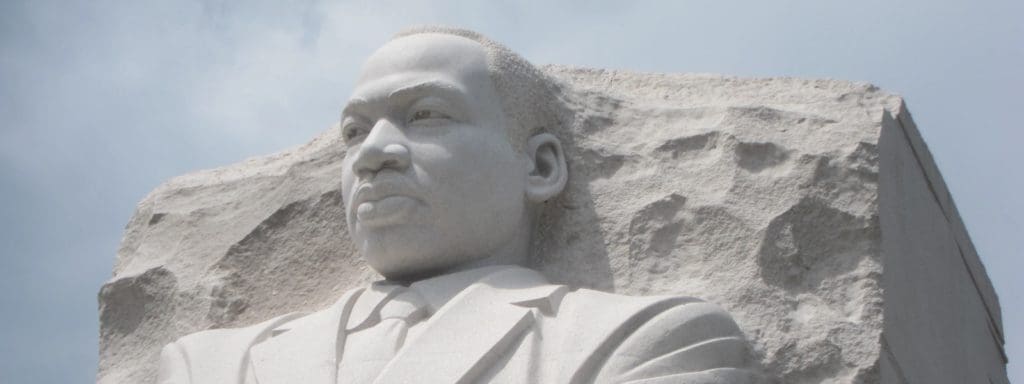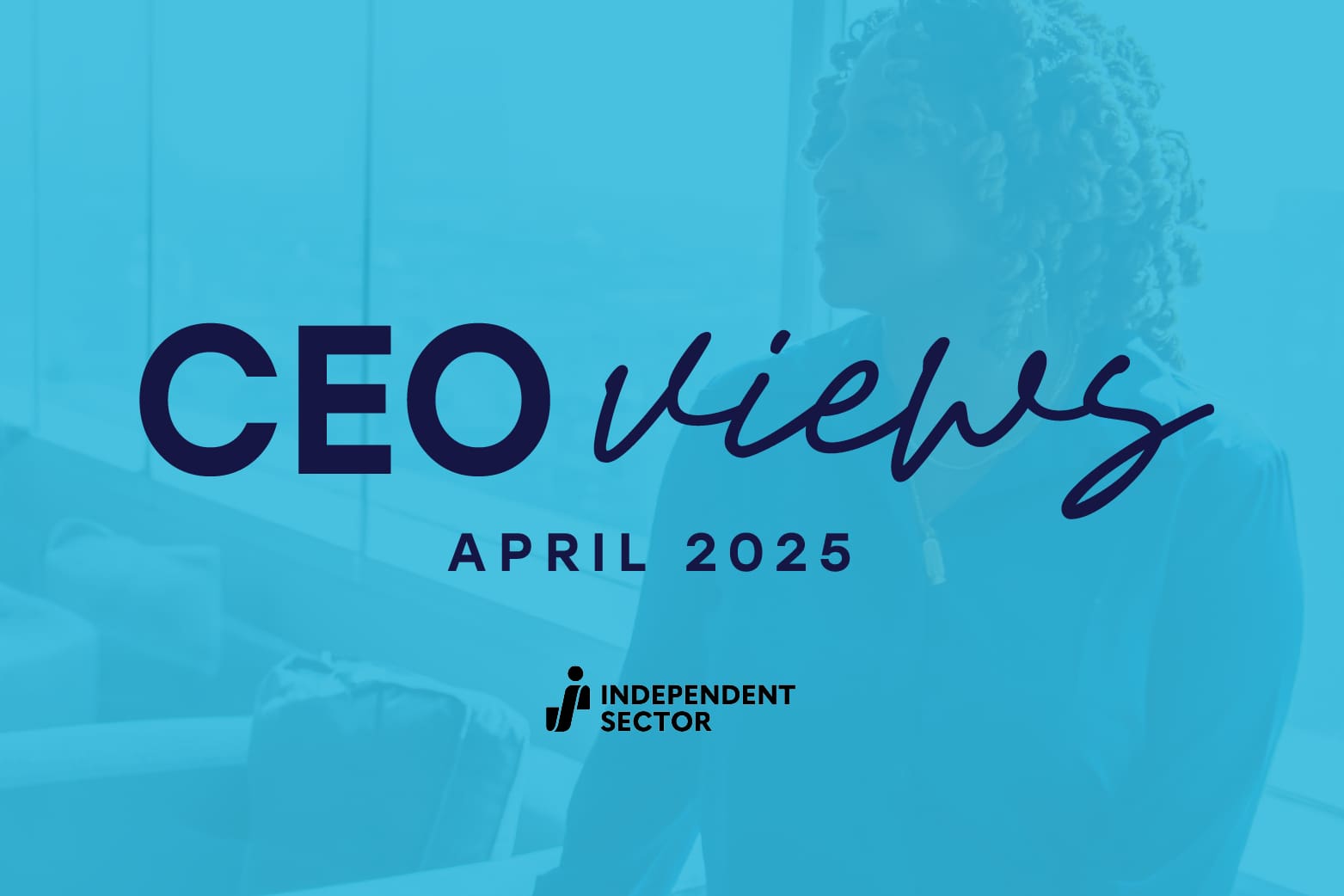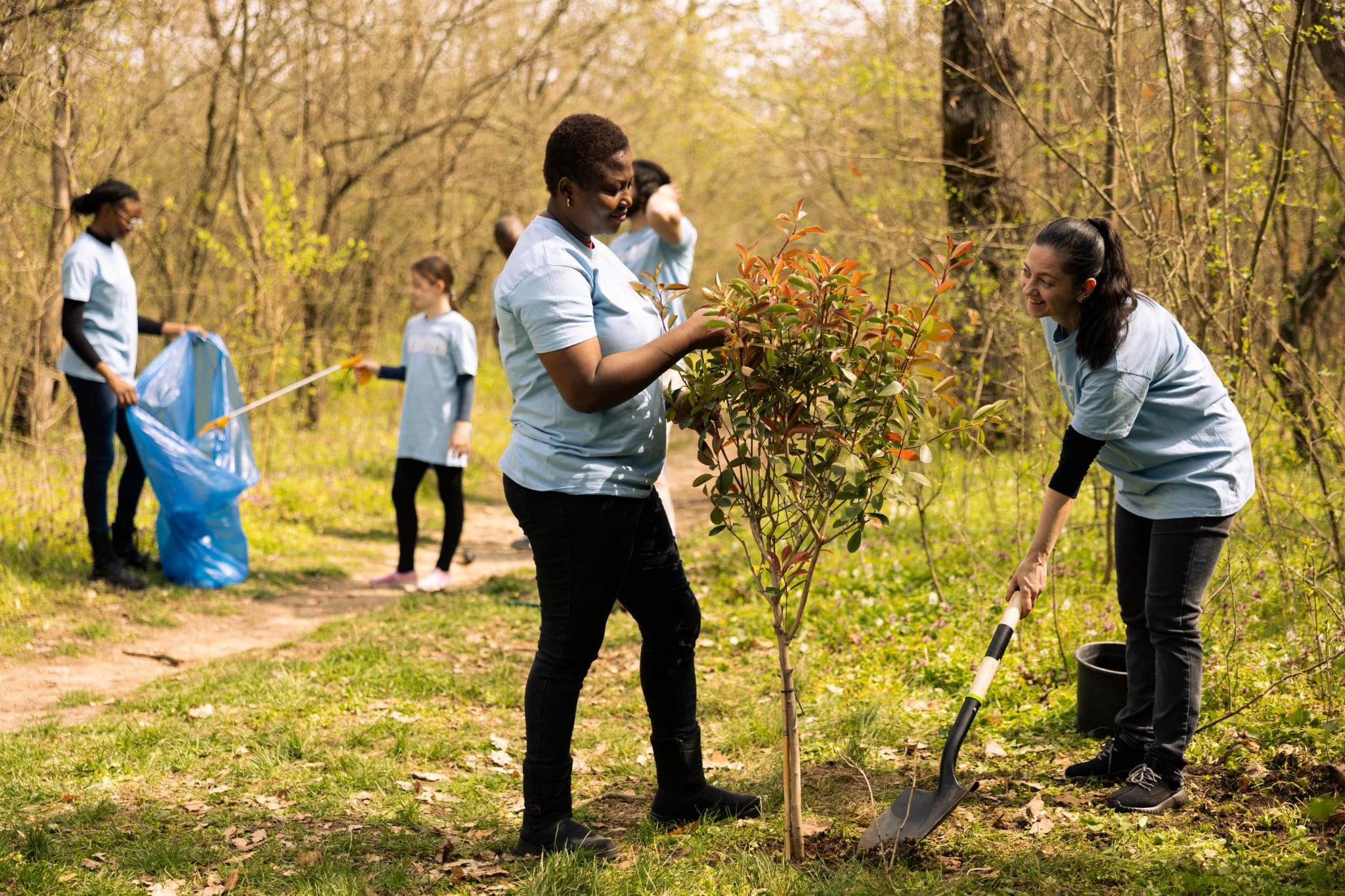A Service Opportunity That Is Substantive and Symbolic
Among the legacies that Dr. Martin Luther King, Jr. left was an unrelenting dedication to serving others. As we prepare to honor his life and legacy, we must recommit ourselves to advancing his dream of justice and equality by evaluating what he described as, “life’s most persistent and urgent question: What are you doing for others?” and most importantly, have you “risen above the narrow confines of your individualistic concerns to the broader concerns of all humanity?” We – in the nonprofit sector and greater public – can advance his dream by encouraging others to engage in volunteerism through advocacy every day, and especially on Monday, January 18th in observance of Dr. King’s National Day of Service.
Advocacy Is a Form of Volunteerism
Since its inception, the nonprofit sector has served as the cornerstone of inclusive civic engagement and has remained a longtime proponent of nonpartisan advocacy, a vehicle through which we advance our principles through the promotion of sound public policy. It’s incumbent upon nonprofits to remind the communities we serve that advocacy is, in fact, a form of volunteerism and that the two components are not mutually exclusive. Advocacy seeks to ensure that all people in society possess the ability to have their voices heard and discernments considered throughout the policymaking and legislative processes. Advocacy should not solely be perceived as an approach to influence legislative and regulatory policies, but rather a method that seeks to work towards a solution for a need or common cause.
Anyone Can Serve as an Advocate
While the legislative process can be long and complex, effective advocacy does not have to be. Though no prior experience or expertise is required, people are often unaware of how to petition their government even after being introduced to a cause. Those who are willing to partake in calls to action or share their story can become an advocate by simply writing, calling, or meeting with their local, state, or Congressional lawmakers. As an advocate, one can also volunteer their time by working on policy issues that align with their interests, supporting fundraising efforts that advance policy campaigns and initiatives, or engaging their personal and professional networks to increase stakeholder support.
The Importance of Volunteer Advocacy
Advocacy and policy issues are comprised of three stages: education, activation, and implementation. Advocates can have a far-reaching and positive impact by helping elected officials and organizations across all sectors understand how the communities they serve and the policies that govern them impact their daily lives. This makes advocacy an indispensable mechanism of the democratic process, as it provides policymakers with the insight needed to make well-informed decisions and, in turn, influence legislative action. Before his untimely death, Dr. King concluded that, “there is an existential moment in life when one must decide to speak for themselves; nobody else can speak for you.” As champions of human rights and equity, nonprofits play an integral role in amplifying voices of the disenfranchised by not only advocating on their behalf, but by equipping constituents with the tools and resources needed to advocate for themselves independently, and as frequently as possible.
Celebrate MLK Day Through Advocacy
Commemorate this year’s National Day of Service by integrating the shared objectives of advocacy and volunteerism to shape public discourse and advance social and public welfare initiatives. Visit the Independent Sector website to learn more about nonpartisan advocacy activities. Join the movement of volunteers and view additional resources about virtual volunteer opportunities here.



